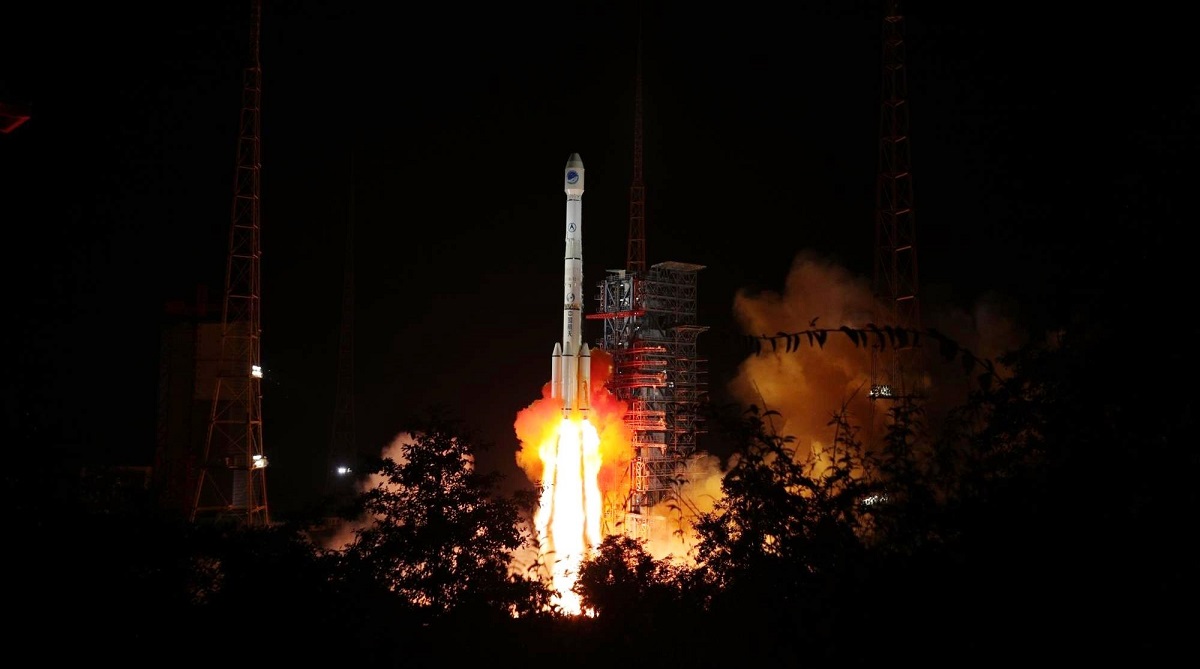Still unexplained
The hunt for the origins of Covid-19 has for the past four years been a tangled web of politics, power struggles, and international finger-pointing.
Meaning ‘harp in sky,’ Tianqin was started in 2015 by Sun Yat-sen University in south China’s Guangdong province.

File (Xinhua/Liang Keyan/IANS)
By the end of 2019, China plans to launch its first satellite to test the technologies of the space-based gravitational wave detection programme Tianqin.
Meaning ‘harp in sky,’ Tianqin was started in 2015 by Sun Yat-sen University in south China’s Guangdong province. It will consist of three satellites forming an equilateral triangle around the earth, reports Xinhua news agency.
“It’s like a harp in space. If the gravitational waves come, the ‘harp’s strings’ will be plucked,” said Luo Jun, President of the Sun Yat-sen University and an academician of the Chinese Academy of Sciences, at a conference held in Guangzhou.
Advertisement
The detection will be based on high-precision laser interferometry technology to measure the changes in the distances and locations of the three satellites, according to Luo.
Gravitational waves are ripples in the fabric of space-time caused by some of the most violent and energetic processes in the universe. Albert Einstein predicted the existence of gravitational waves in 1916 in his general theory of relativity.
(With agency inputs)
Advertisement